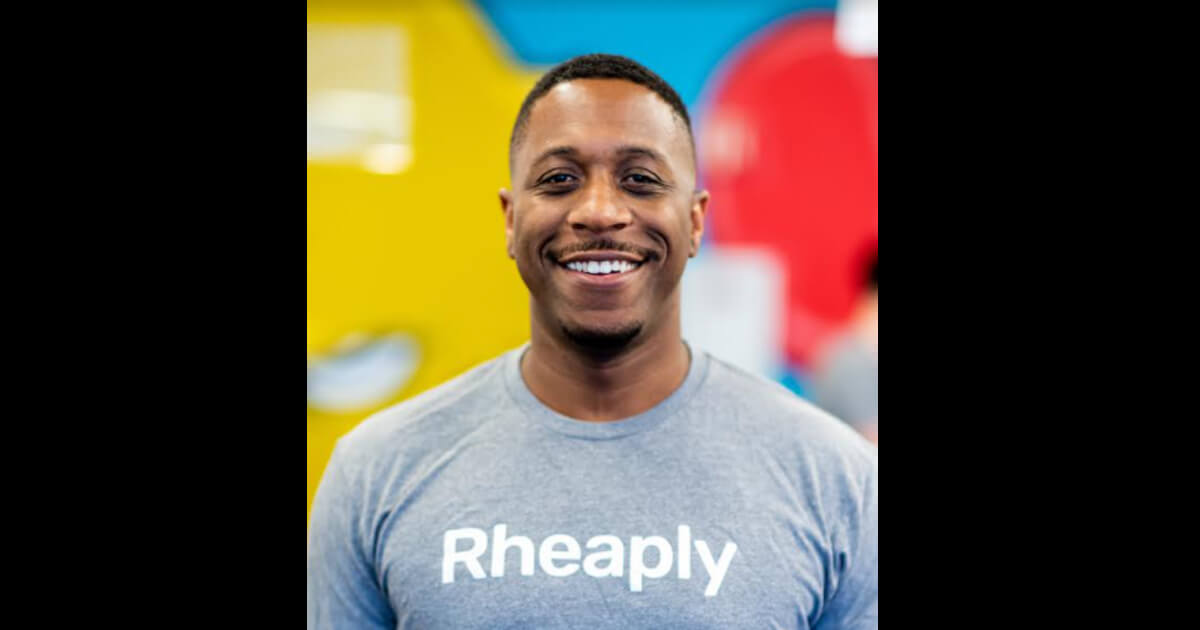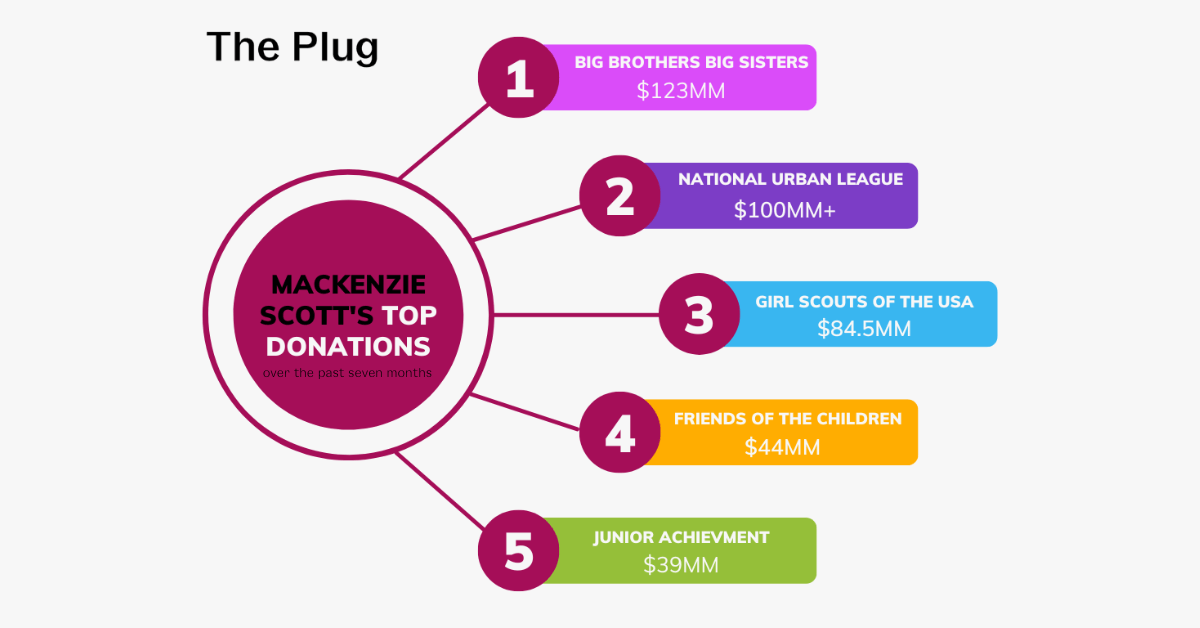Rheaply, a circular economy software company that helps companies track, manage and sell physical assets, has raised an $8 million Series A Tuesday, bringing total funding to $10.5 million. The raise makes Garry Cooper one of the most well-funded Black founders to hail from Chicago. I hope my story will no longer be unique and that there are tens of other founders of color solving really interesting problems all across the world that have to do with climate and making our environment cleaner, Cooper told The Plug. More dollars to Black founders will catalyze a generation of founders who look like me to pursue their ideas.
Cleantech, climate tech, and greentech industries will embrace diverse founders more readily than other sectors of technology, according to Cooper.
I say this gently, but the sustainability community is more open and welcoming of diverse backgrounds into the space, he said. If you’re talking about fintech, machine learning, some of the other established ‘hot spaces’ they tend to have a historic break along demographics. Cooper said that Black communities and founders also tend to be closer to the problems that arise from climate change. For instance, the residents of Flint Michigan, a city with 54% Black residents, spent years in the fight for potable water. The environmental injustice seen in this corner of the country is alarmingly the norm across the United States. A 2019 study cited by the Environmental Defense Fund found that African Americans are exposed to higher levels of air pollution and on average breathe in 56% more polluted air than they produce. Neighborhoods near hazardous waste, superfund sites, and near power plants that release cancer-causing petrochemicals are more likely to be majority Black, leaving Black communities unequally bearing the burden of climate change.
People who have firsthand knowledge of the problem will be innovating and inventing because it’s how they have to deal with their lives, Cooper said. Adoption of a more circular economy, a practice in which existing resources are more effectively utilized and fewer goods are created, could ease some of the burdens of climate change. The world’s economy is about 8.6% circular right now, to scale beyond this we need to build a connective economy, Cooper said. You can’t move products from end of life to new use of life unless you, one, know about the product and two, have players who cooperate.
Apart from the overwhelming environmental and social imperative for companies to adopt tools that make their use of resources more circular, there’s a fiscal incentive. For every $1 spent on Rheaply, customers on average reap a $5 return on their investment in the form of not procuring new products and selling under-utilized resources, according to Cooper. High Alpha ventures led the funding round with participation from funds, including 100 Black Angels & Allies Fund, Morgan Stanley Multicultural Innovation Lab, Revolution’s Rise of the Rest Seed Fund, and Salesforce Ventures.
Allocation of the new funds will go towards carbon counting for sequestration and credit through reuse. The company will also integrate with systems of record tools from SAP so data can flow directly to users. Additionally, a materials marketplace for industrial use items like plastics and glass is also in the works so resources can be shared and used by companies who need them most. Publicly the company has saved $1.6 million for companies and diverted 14.5 metric tons of waste from landfills.
There’s this other business case which is, ‘how much waste are we diverting from landfills? Cooper said. That’s not going into your bottom line but an average company probably has some type of environmental and social governance (ESG) goal or net zero waste and landfill goal. Cooper is setting out to create a Google for physical assets and get companies on board to move and share resources. He recognized the goal for a common good is bigger than the company. We’re still on the starting blocks for things to come to fore to make our world, our nation, our workplace diverse, more inclusive, and more equitable, Cooper said.








